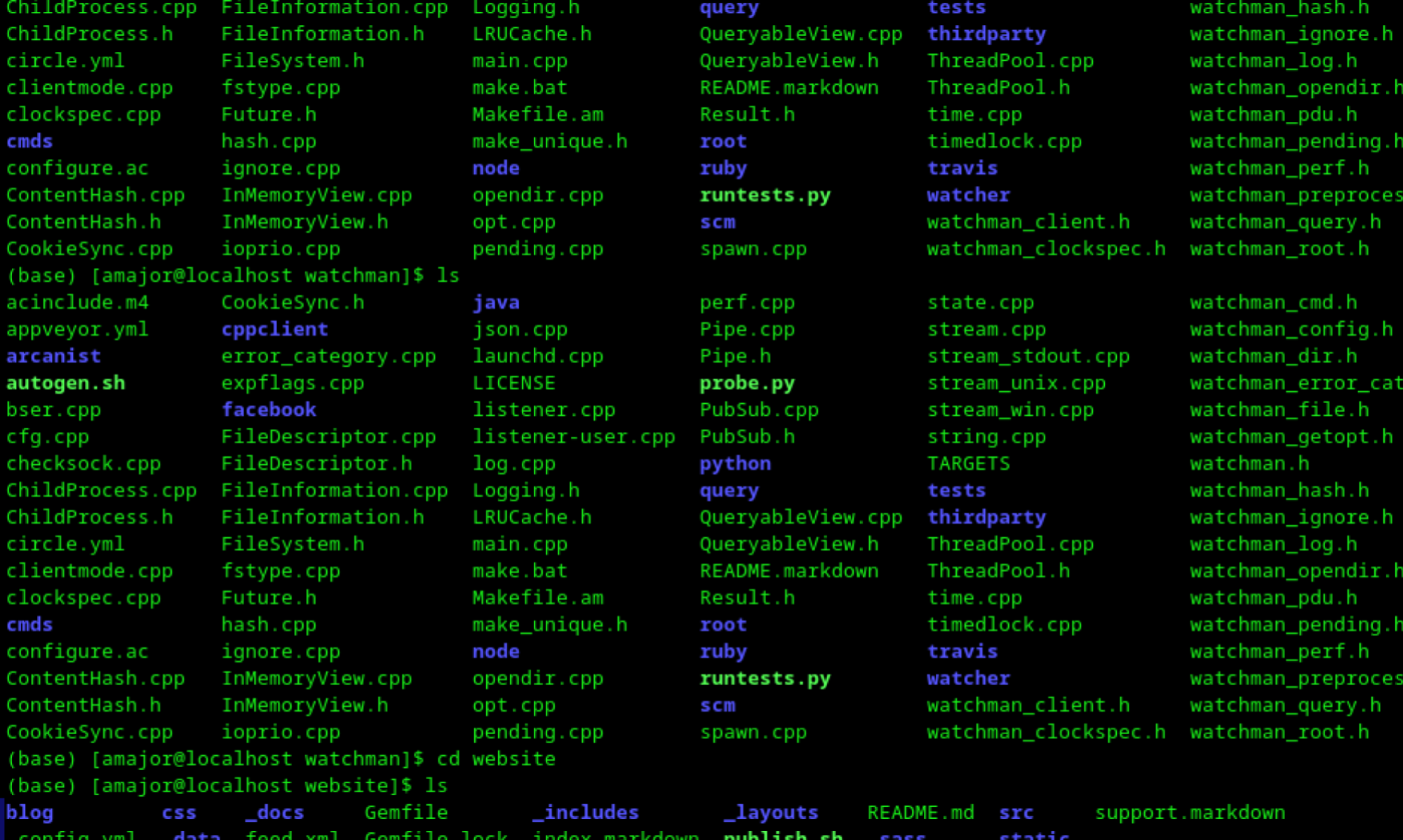People choose to learn to code for a multitude of reasons. This article aims to assist those with little or no prior experience in computer programming who want to learn to code and are not sure where to begin. It may also be of use to those who, like me, had taken a long period out of the industry and decided to return. It is part of my series on starting a career in coding, which can be found here. In any case, whether you’re just starting out in your career, returning to the workforce after some time out or just feel it’s time for a change in direction, you should take the time to consider a few important factors up front.
Before we begin in earnest there are a coupe of points I would like to make.
Firstly, although in my case I did have plenty of coding experience, it was in outdated languages and architecture which were no longer in high demand. This meant that I would need to re-invent my skillset. This is not in itself an insubstantial undertaking. There are however fundamental principles of coding which apply to almost all languages with which I was already familiar. The newcomer will be introduced to many of those as they learn their first programming language. After this, the learning curve tends to reduce with subsequent languages.
Secondly, I should point out here that there are many possible ways to learn to code. The path I set out here may not resonate with everyone; that is perfectly ok. I am just trying to set out some helpful markers to get started on what can be a long and complicated journey.
You Have Some Important Decisions To Make
Begin by asking yourself…
What Do You Want From This Journey?
Only you will know what you are hoping to achieve when you choose to learn to code. If you want a new hobby, you may choose to invest less time and effort in the process. You will still want to be thorough, but may not be on a particular schedule to learn. Those seeking a career-change may have set deadlines by which they want to move. This may require more of your free time and dedication to achieve.
Either way, you should prepare yourself accordingly for the effort ahead, and set aside appropriate amounts of time for the purpose.
Where Do Your Interests Lie?
There are opportunities to write code in almost every industry out there, but some of them may align more with your interests and passions. We spend so many of our waking hours at work. It seems unthinkable that we should do so in settings that don’t inspire us, and yet…
Aside from this important consideration, there may be implications for which language you learn first. If you have a strong desire to work in a particular field, the in-demand skills for that field will guide your choices.
What Are Your Strengths?
At the risk of getting too deep, this is an important consideration. I do believe that most people have the ability to learn to code, and to do it well. As with most professions, the quality of teaching and mentoring will have a huge impact on your eventual success. But some will still find it easier than others to learn to code, and to move forward from there. To avoid setting out on a path to frustration, consider…
Mindset
The type of mindset that lends itself well to coding has:
- good analytical skills
- the ability to think methodically and logically
- strong creative problem-solving capabilities
As you progress in your career:
- the ability to translate technical briefs into reality
- motivation to learn new technical skills in a constantly evolving field
Soft Skills
A career in coding will most likely require:
- patience
- teamwork
- decision-making skills
- organisational skills
As you progress in your career:
- the ability to communicate complex technical subjects with clarity
- the ability to help others to follow technical processes
In Summary
Try not to wade in too quickly. The last thing you want is to invest your time in learning skills which don’t directly translate to achieving your goals. With some careful thought up front, you will not just be able to learn to code, but to do it well in an environment that inspires you.
The time you spend at this stage will help you decide what you want to achieve when you learn to code; look on it as a worthwhile investment in yourself. The next article in this series takes a closer look at choosing your first programming language to learn; you can read it here.


